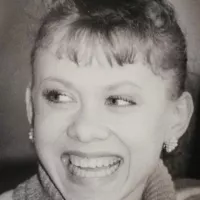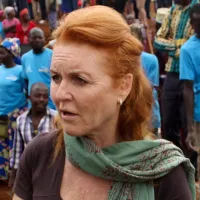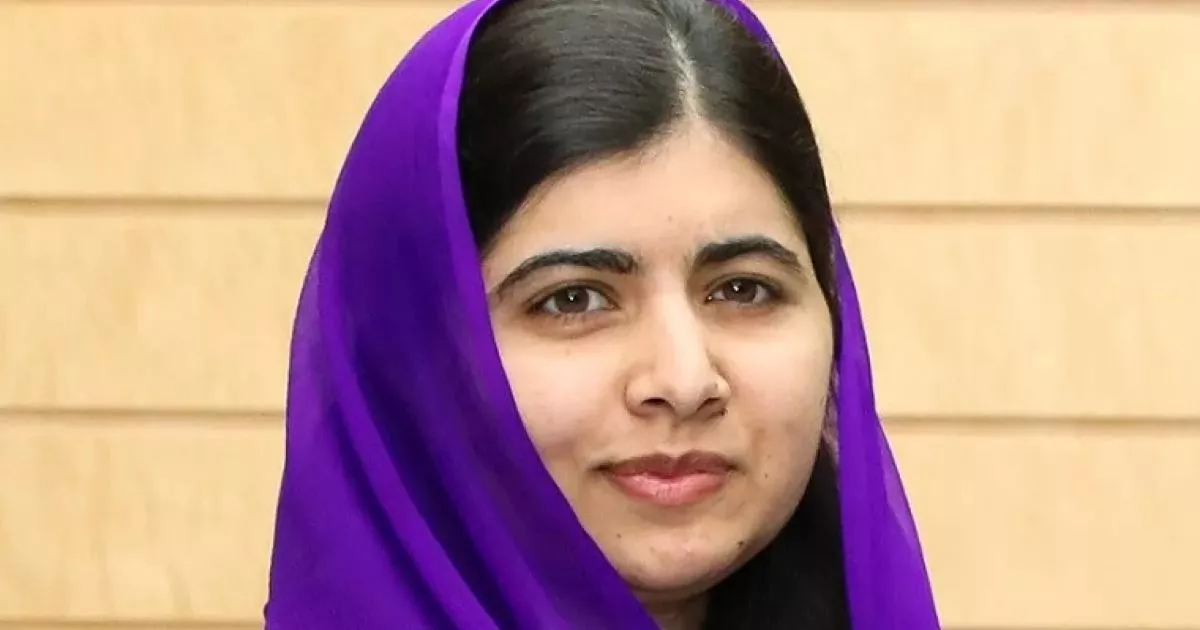Life is full of challenges, and Malala Yousafzai faced many. Discover key struggles and how they were overcome.
Malala Yousafzai is a Pakistani activist advocating for female education, notably in the Swat Valley where the Taliban restricted girls' schooling. Surviving an assassination attempt for her activism, she became the youngest-ever Nobel Peace Prize laureate in 2014. Her advocacy has evolved into a global movement, solidifying her status as a prominent figure in human rights and education, especially for women and children, and has been described as Pakistan's most prominent citizen.
January 2009: Taliban edict against girls' education
In January 2009, the Pakistani Taliban set an edict that no girls could attend school after January 15, in Swat. Malala Yousafzai also read excerpts from her blog in a local newspaper that day.
January 2009: Writing about annual exams
On January 24, 2009, Malala Yousafzai wrote in her blog about the uncertainty of annual exams due to the Pakistani Taliban's restrictions on girls' education.
February 2009: Streets of Mingora Deserted
In February 2009, Malala Yousafzai and her brother returned to their hometown of Mingora, where the streets were deserted. Their home had been robbed and their television was stolen.
October 2012: Decision to Move Yousafzai for Treatment
On October 11, 2012, Pakistani and British doctors decided to move Yousafzai to the Armed Forces Institute of Cardiology in Rawalpindi, with a 70% chance of survival. Interior Minister Rehman Malik announced plans to move her to Germany for the best medical treatment as soon as she was stable enough.
October 2012: Assassination Attempt
On October 9, 2012, Malala Yousafzai was shot by a Taliban gunman while on a bus in Swat District after taking an exam. This assassination attempt led to an international outpouring of support.
November 2012: Arrests and Location of Mullah Fazlullah
In November 2012, six men were arrested for involvement in the attack on Yousafzai but later released due to lack of evidence. US sources confirmed that Mullah Fazlullah, who ordered the attack, was hiding in eastern Afghanistan.
2012: Taliban agrees to kill Malala Yousafzai
In the summer of 2012, as Malala Yousafzai became more recognised, death threats increased. The Taliban held a meeting where they agreed to kill her.
2014: Interruption of Nobel Peace Prize Ceremony
In 2014, Adán Cortés, an asylum seeker from Mexico City, interrupted Malala Yousafzai's Nobel Peace Prize award ceremony to protest the Iguala mass kidnapping in Mexico. Malala sympathized, acknowledging global issues faced by young people.
2015: Atta Ullah Khan Still at Large
As of 2015, Atta Ullah Khan, identified as the Taliban gunman who shot Yousafzai the day after the shooting, remained at large, possibly in Afghanistan.
2015: Banning of "I Am Malala" in Pakistani private schools
In 2015, the All Pakistan Private Schools Federation (APPSF) banned Malala Yousafzai's autobiographical book, "I Am Malala", in Pakistani private schools, with APPSF president Mirza Kashif Ali releasing his own book against her, "I Am Not Malala".
Mentioned in this timeline

Greta Thunberg is a Swedish climate activist who gained international...

Barack Obama the th U S President - was the...

Hillary Diane Rodham Clinton is a prominent American politician lawyer...

Angelina Jolie is a prominent American actress filmmaker and humanitarian...

Emma Watson is a highly successful English actress recognized as...
Apple TV is a digital media player and microconsole by...
Trending

11 minutes ago Baiul, Kerrigan, and Chen Revisit Historic 1994 Olympics Photo: A Nostalgic Reunion
11 minutes ago Omaha Braces for Winter Storm: Schools and Businesses Alter Schedules

11 minutes ago Prince Harry Uses Intermediary to Contact Prince William; Relations Remain Strained
12 minutes ago Mason Thames' New Comedy with Peter Dinklage Receives Positive Reviews; Dominates Netflix.

12 minutes ago Sarah Ferguson faces company dissolutions following Epstein scandal; six businesses to close.

1 hour ago Clara Tauson Dominates Linette in Dubai, Secures WTA 1000 Quarterfinal Spot
Popular

Jesse Jackson is an American civil rights activist politician and...
Randall Adam Fine is an American politician a Republican who...

Pam Bondi is an American attorney lobbyist and politician currently...

Barack Obama the th U S President - was the...

Martin Luther King Jr was a pivotal leader in the...

Ken Paxton is an American politician and lawyer serving as...
